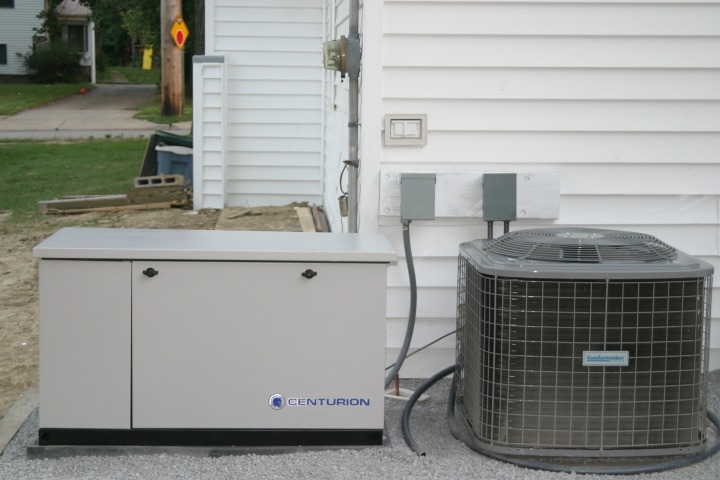For years I have been wondering what is, in different power plants, the relationship between the fuel you spend to keep it running ready for the consumers and the actual power consumption.
While I do not expect this to be explained here, what to google for?
Wondering what would be more expensive: the cost of keeping a portable Honda generator running continuously to feed my home with a minimal ammount of appliances, a power plant in a small city of maybe 100K people or the power plant(s) for a megacity?
I am used to the concept used in passenger vessels where in case of an emergency you shutdown non-essential services to avoid a general black out but here is the oposite; to cope with a somewhat unpredictible demand, you keep running a certain number of turbines or whatever, just in case.
Maybe all boils down to statistics and practical rules of thumb.
While I do not expect this to be explained here, what to google for?
Wondering what would be more expensive: the cost of keeping a portable Honda generator running continuously to feed my home with a minimal ammount of appliances, a power plant in a small city of maybe 100K people or the power plant(s) for a megacity?
I am used to the concept used in passenger vessels where in case of an emergency you shutdown non-essential services to avoid a general black out but here is the oposite; to cope with a somewhat unpredictible demand, you keep running a certain number of turbines or whatever, just in case.
Maybe all boils down to statistics and practical rules of thumb.
Last edited:


